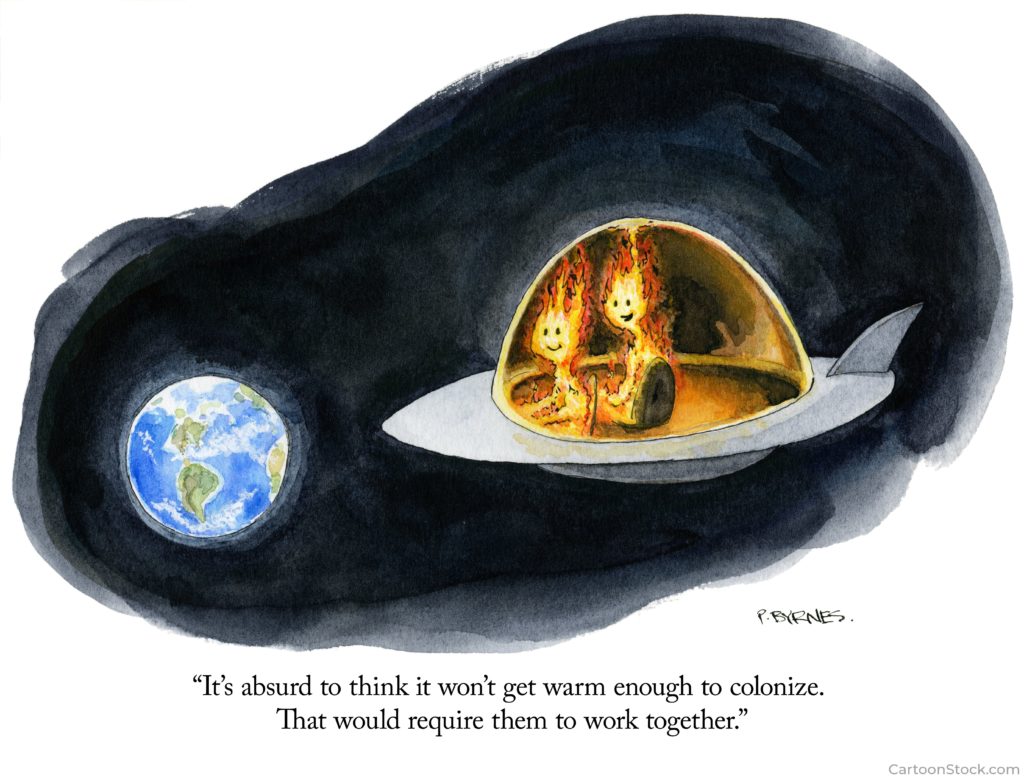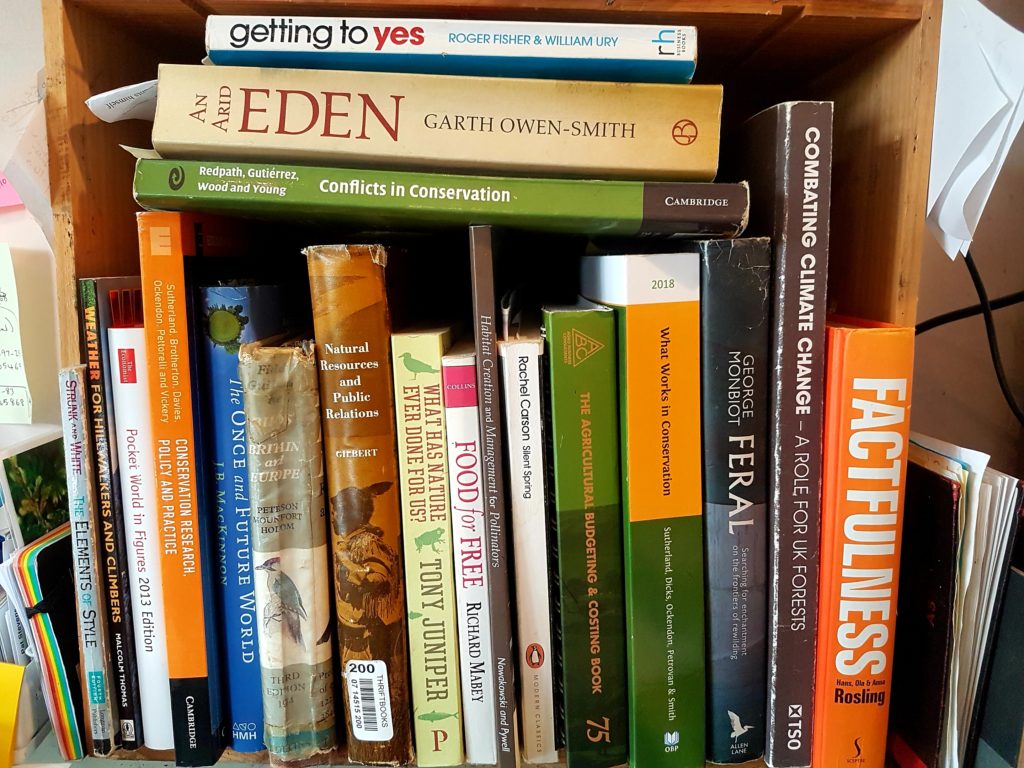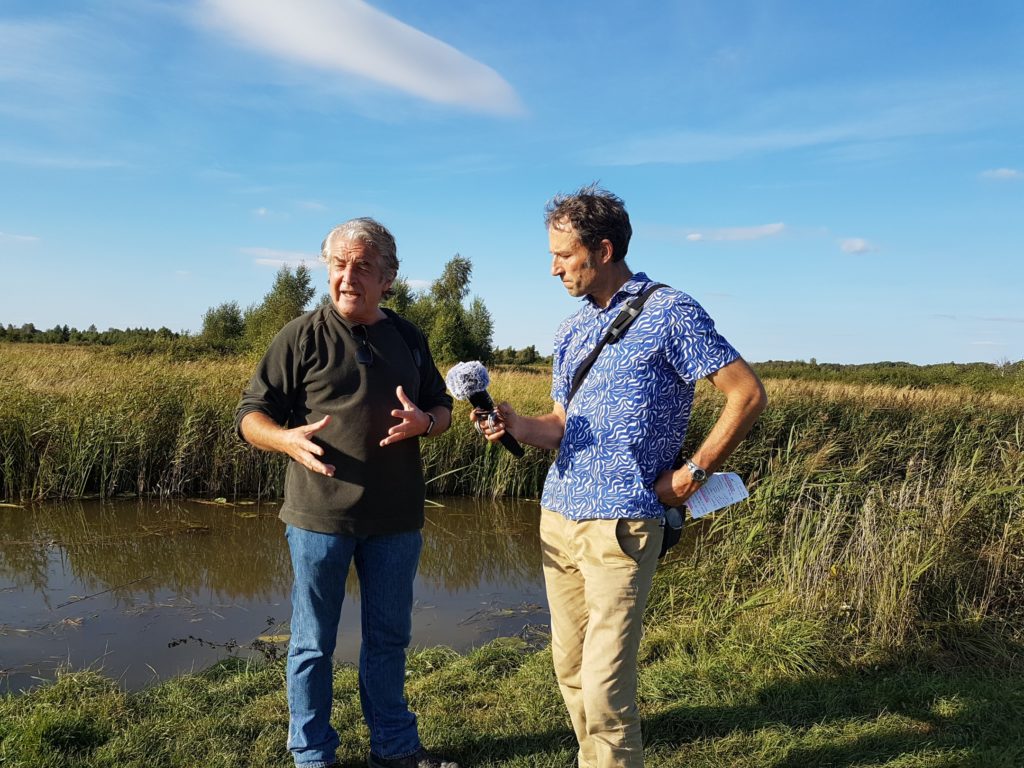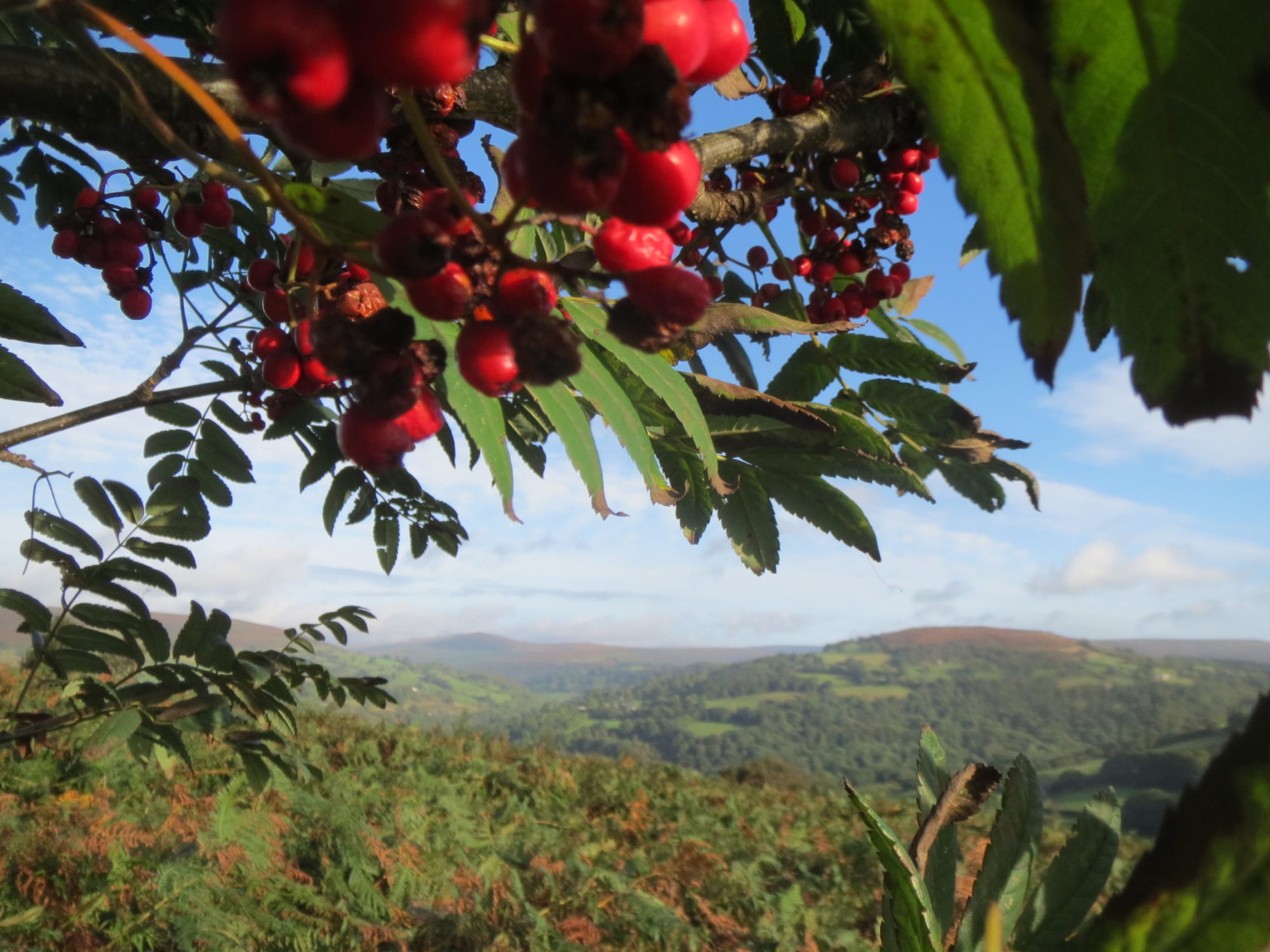Just how tricky it is to design new agricultural and environmental policies. Simultaneously.
When the Soil Association goes nuts with Defra over a picture of a combine, the Commons Enviro Committee feature an elephant as twitter cover for a report on consumption, Clarkson’s a policy influencer and laconic popstars front up COP26 on food – we are all in for a ride!
“The UK’s food strategy cannot be left to the market… The UK produces only half its food; we must ask tough questions about efficient land use. That means eating less meat and dairy, which uses 70% of agricultural land and emits 14.5% of greenhouse gases globally” ref 30
Tesco evidence to Parliamentary Committee report on The UK’s footprint on global biodiversity

Oh.kaay
With plenty of competing narratives around enviro issues, there’s plenty of room to conflate, confuse or resist (as this letter in Farmers Weekly makes plain). Meanwhile would-be regulators are licking their lips at policing the environment, the National Audit Office are holding Defra‘s feet to the fire, the PM wants trade deals and a top-Cop-drop headline for end of the month.
Meanwhile I suspect many are just concerned about what shampoo to use on their pets…
Media mayhem
Environmental content is becoming manna for the media. This on the face of it is good. Until you see how they frame it. Journalists head their twitter bios with ‘ping me gossip’ or ’email me a story’. Great for the Sun. Perhaps for Ch4 agitating on beavers. Less so for serious mainstream broadsheets.
The Times here (‘Tories should take on farmers over free trade’), here (‘How can we agree a deal when we don’t know what farmers need?‘) and here (We’ve forgotten the value of growing our own food’).
Some reporting reflects a disconnected inquisitive-less, at times jaundiced media. ‘Thanks for the press release – we’ll take it from here.‘ Keen to attract online-scrolling ‘attention-deficitted’ urban-centric audiences (i.e. the UK majority), they employ hackneyed phrases and conflate issues no one has the energy to unpick. Bar those with boundless activist insight.

Choice conflated cuts
“Allow food in from countries with lower standards than ours”….”our standards are higher than most other countries.“
The CAP has “incentivised them to rip up hedges, saturate fields with fertiliser and overgraze our uplands”.
“This includes flood mitigation, biodiversity and wildflowers instead of “food security”“

on a smorgasbord
“more imported food would mean less home-produced food, and such production has degraded our environment more than any other factor in the past half-century. That’s what the State of Nature report…concluded”
“James Rebanks, the Cumbrian shepherd and bestselling author….
“Caleb will be priced out by hedge fund managers wanting their own private wilderness…”
“There is an alternative that could make us less reliant on imports and provide fresher, healthier food while also protecting the countryside.”
“that any trade deal will ensure that Britain’s own high environmental and animal welfare standards will be respected”….while the Trade and Agricultural Commission….works on how best to advance the interests of Britain’s agrifood businesses in trade negotiations…”

Too wicked
God forbid you refer to any of these as ‘wicked problems‘! As that phrase, dear reader, is unemployable language. Content must be understandable to anyone circa 13 years old. It’s not as cynical as it sounds, as I’ve heard the same unverified stat from marketing experts as expounded in the letter below (click link for whole – with deliciously unintended ref to Clarkson).


Call out nuance
Mind you, if do call out something that’s so simple, it’s tumbleweed or if you’re lucky, a minor rumpus. It worth the ‘backfire effect’? Fear not, everyone’s too busy on transmit or tired to bother firing back at you!
Though I would argue for the disinterested majority, there is a dangerous risk of not explaining how complex it really is until we’ve all gone down the rabbit hole.



And we import 80% of our timber need and the CCC recommended we plant fast growing trees at least 40% conifer. Yet our Government follows populist advice to grow broadleaved trees ignoring the climate emergency and that substitution of wood for concrete and steel is critical for us to mitigate carbon emissions. Targets missed means generations will suffer.